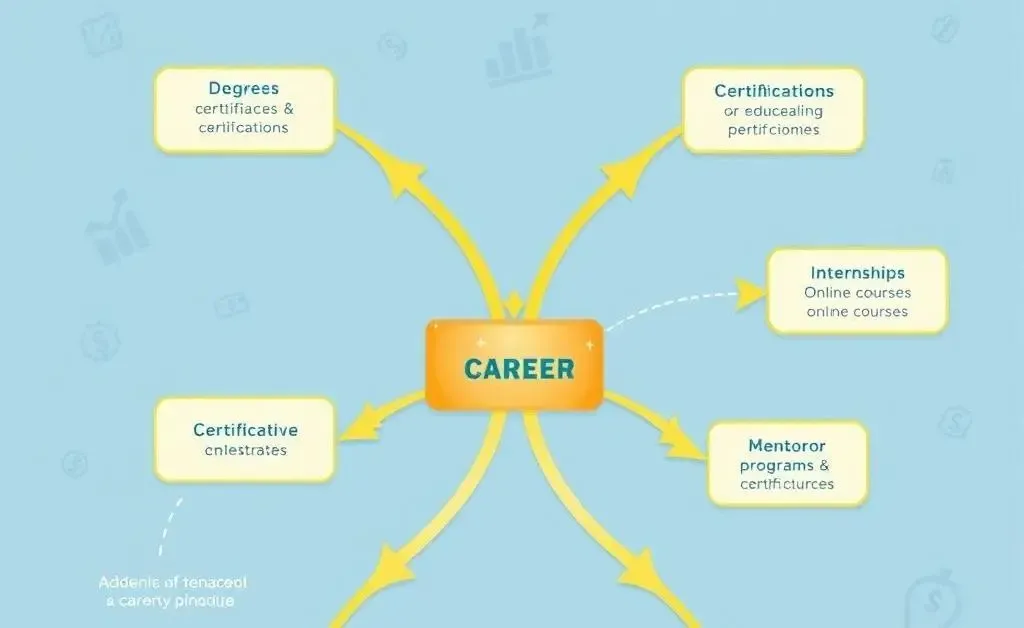Breaking into Financial Careers: Do You Need a Target School?
Explore whether a target school is essential for a career in finance.

So you want to break into finance? It's a question that buzzes around the minds of enterprising individuals from all sorts of academic and professional backgrounds. But let's address the elephant in the room straight away: do you really need to attend a target school to pave your path in this industry?
What is a Target School?
For those unfamiliar, target schools are universities and colleges that big-name financial firms regularly recruit from. Think Ivy Leagues and top business schools. If you're like most people, you're probably wondering if attending one is a sure path to financial nirvana.
The Importance of a Target School in Finance
There is a certain cachet to attending a target school—after all, they're called 'target' for a reason. Major firms often handpick their junior analysts straight from the ranks of these schools. It's an established feeder system benefiting both the school and the company. But does this mean that other routes are closed off? Absolutely not.

Alternative Paths to Success
The financial world isn’t a monoculture. There's significant room for diverse talents from varied backgrounds, and firms are increasingly recognizing the benefits of this diversity. Alternative routes include networking, internships, and online learning platforms like Coursera or LinkedIn Learning which offer affordable ways to build up your financial acumen.
Networking: The Power of Connections
Building a strong network is invaluable. Attending events, joining finance clubs, and seeking mentorship can open doors that a degree might not. Emphasizing your story, unique experiences, and passion for finance can often resonate more with potential employers than your alma mater.

Skills Over Schools
Developing the right skill set can also set you apart. Whether it’s mastering financial modeling, understanding data analytics, or polishing up your Excel wizardry, skills often speak louder than school names. In today’s digital age, resources to develop these skills are plentiful and often free or low-cost.

The Changing Landscape
As firms recognize the benefits of drawing from a broad talent pool, more pathways are leading to rewarding financial careers. While being from a target school might give some an initial boost, it’s absolutely possible to succeed in finance by leveraging networking, developing critical skills, and being tenacious in your job hunt.
So, to answer our original question: while a target school is a helpful hallmark, it is by no means an end-all, be-all. There’s a wide world of opportunity out there—are you ready to explore it?
What are your thoughts on breaking into finance from a non-target school? Have experiences or stories to share? Let’s chat in the comments!




